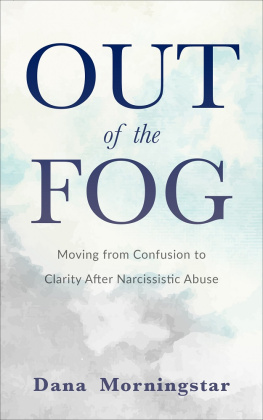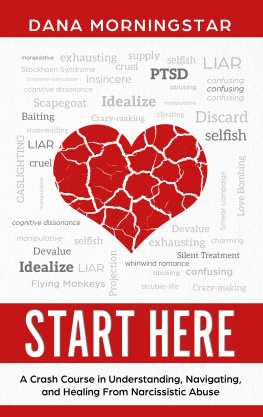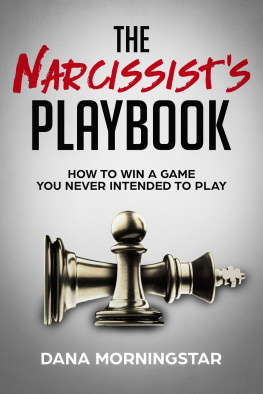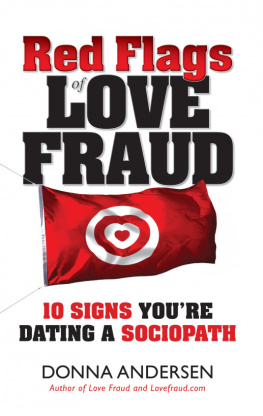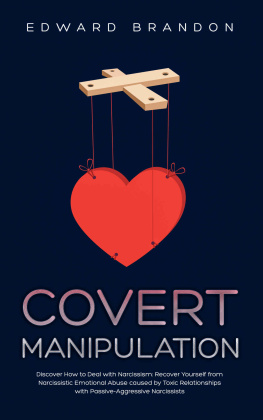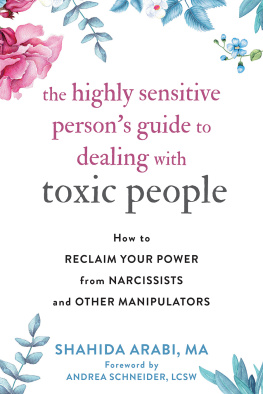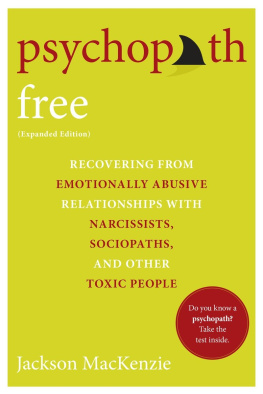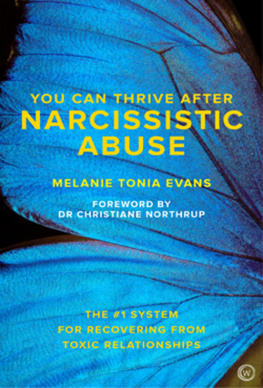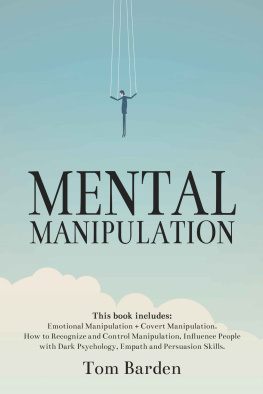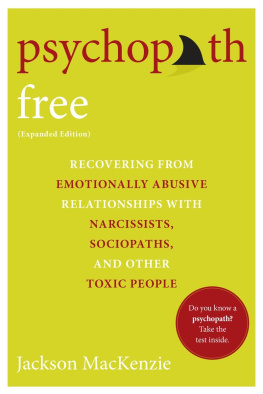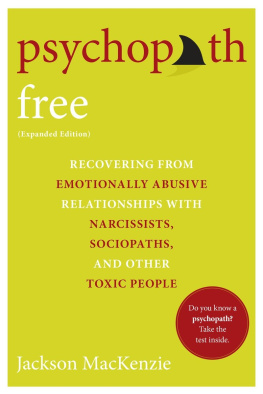Dana Morningstar - Out of the Fog: Moving From Confusion to Clarity After Narcissistic Abuse
Here you can read online Dana Morningstar - Out of the Fog: Moving From Confusion to Clarity After Narcissistic Abuse full text of the book (entire story) in english for free. Download pdf and epub, get meaning, cover and reviews about this ebook. genre: Religion. Description of the work, (preface) as well as reviews are available. Best literature library LitArk.com created for fans of good reading and offers a wide selection of genres:
Romance novel
Science fiction
Adventure
Detective
Science
History
Home and family
Prose
Art
Politics
Computer
Non-fiction
Religion
Business
Children
Humor
Choose a favorite category and find really read worthwhile books. Enjoy immersion in the world of imagination, feel the emotions of the characters or learn something new for yourself, make an fascinating discovery.
- Book:Out of the Fog: Moving From Confusion to Clarity After Narcissistic Abuse
- Author:
- Genre:
- Rating:4 / 5
- Favourites:Add to favourites
- Your mark:
Out of the Fog: Moving From Confusion to Clarity After Narcissistic Abuse: summary, description and annotation
We offer to read an annotation, description, summary or preface (depends on what the author of the book "Out of the Fog: Moving From Confusion to Clarity After Narcissistic Abuse" wrote himself). If you haven't found the necessary information about the book — write in the comments, we will try to find it.
Will they ever change?
What will it take to get through to them?
They apologized, but will this time be different...or will they just get better at hiding what they are up to?
This book will help you get out of the fog of confusion and into the clarity that you are looking for.
FOG is an acronym that stands for Fear, Obligation, and Guilt. These three emotions are often at the core of manipulation, and are often how narcissists, sociopaths, and other types of emotional manipulators go about controlling their targets.
However, this type of destructive manipulation isnt just limited to narcissists and sociopaths.
There is no shortage of people with well-intended bad advice out there who unintentionally fall into the FOG as well, and push targets of abuse into keeping the relationship going.
The FOG is one of the main reasons that people stay stuck in abusive relationships for so long, why they continue to get involved with abusive people, why they feel that they are the problem, and why they tend to feel that the abuse is somehow their fault.
When a person is being manipulated they have a hard time figuring out who has the problem, what is normal, what is problematic, and if their wants, needs, and feelings are valid. The disasterous effects of being lost in the FOG are confusion, crazymaking, people pleasing, and an erosion of boundaries.
What makes this well-intended bad advice so damaging is that, on the surface, it seems like good advice--especially if its coming from people who seem to have our best interests in mind, such as friends, family, church members, support group members, or a therapist.
Some examples of this well-intended bad advice that comes from other people is:
Who are you to judge?
No one is perfect.
You need to forgive them.
Shes your mother, you need to have a relationship with her...shes not getting any younger you know.
Commitment is forever.
What can be so crazymaking for targets is that they are often getting two very different messages. On one hand, they are told that they need to work towards a solution, and on the other, they are told that need to leave a partner who lies, cheats, steals, hits, yells, or belittles them.
This book compares and contrasts of these concepts so that targets of any type of manipulation and abuse can make a more empowered decision.
Some of the concepts covered are:
Who are You to Judge vs. Being Discerning
No One is Perfect vs. Tolerating Abuse
You Need to Forgive Them vs. Keeping Yourself Safe
A Parent vs. A Predator
Commitment vs. Codependency
Self-love vs. Selfishness
A Person Acting the Part vs. A Person Actually Changing
Gut Instincts vs. Hypervigilance
A Friend vs. Someone Being Friendly
Caring vs. Caretaking
Being in Love With Them vs. Being in Love With Who They Pretended to Be
Workable Behavior vs. Deal Breakers
Acceptance vs. Allowance
Going Through So Much Together vs. Being Put Through So Much By Them
Sincerity vs. Intensity
Healthy Bonding vs. Trauma Bonding
Insincere Remorse vs. Sincere Remorse
Reacting vs. Responding
...and many more.
Dana Morningstar: author's other books
Who wrote Out of the Fog: Moving From Confusion to Clarity After Narcissistic Abuse? Find out the surname, the name of the author of the book and a list of all author's works by series.

